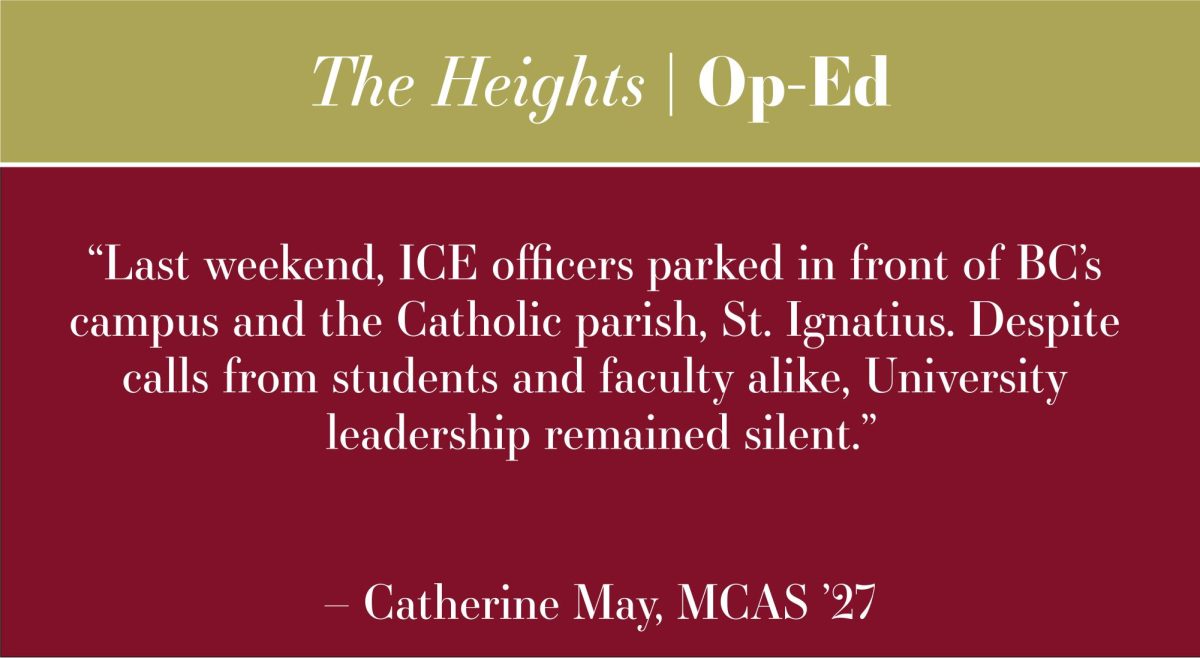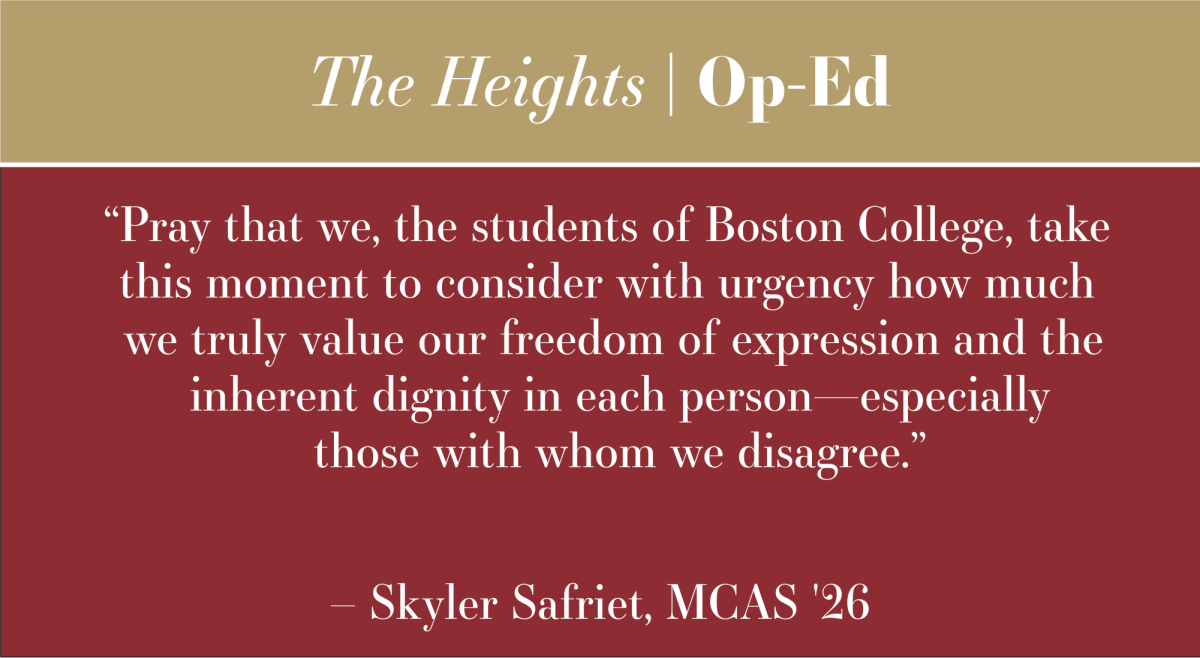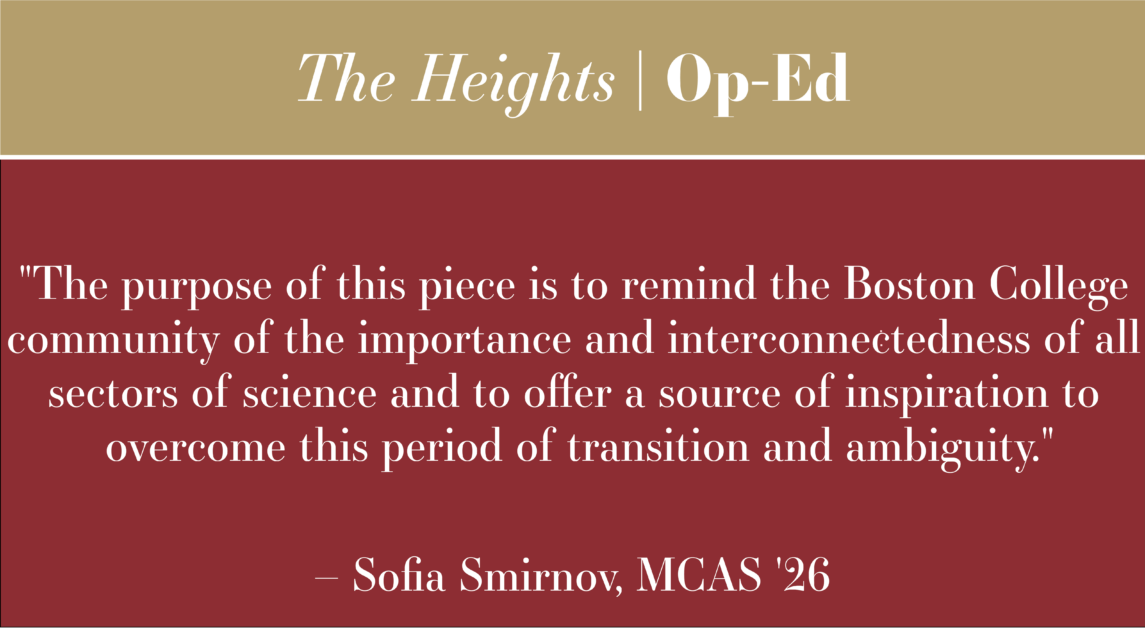With the 2024 presidential race in full swing, the Sept. 10 debate between Vice President Kamala Harris and former President Donald Trump provided many American voters their first substantial look at Harris as the Democratic presidential nominee.
After Joe Biden’s withdrawal from the presidential race in mid-July, Harris’ campaign has been working tirelessly to reintroduce her and her background to voters—carefully sidestepping any policy discussion in the process. But with less than 40 days until the election and a significant number of undecided voters still in play, Harris must now shift her focus from character to policy—and do so fast—if she hopes to win the keys to the White House this November.
For Harris, the Sept. 10 debate was more like an audition. It was the first time many American voters had seen her in an unscripted setting since the 2020 vice-presidential debate, aside from several poorly received interviews during her time as vice president. (In a notorious 2021 exchange with NBC’s Lester Holt, when asked why she hadn’t visited the U.S.-Mexico border during the border crisis, Harris replied, “I haven’t been to Europe [either]”).
The pre-debate period and the debate itself gave Harris the perfect opportunity to reset her image and be reevaluated by voters. Her campaign quickly acted on the opportunity and reframed a part of her background that had become a major liability during the 2020 Democratic primary—her former role as a prosecutor—and turned it into an asset. Harris also highlighted her middle-class roots, boasted her status as a gun owner, and reversed her support for a fracking ban, an unpopular stance she assumed during the 2020 primary.
But while many voters appreciated these efforts, undecided voters remained unconvinced, citing the absence of major detailed policy proposals.
A recent New York Times poll conducted after the debate revealed that 25 percent of the likely electorate still feel they need to learn more about Harris—only a 3 percent decrease from a poll taken days prior. While the post-debate poll didn’t examine what specific area voters wanted to learn more about, the pre-debate poll indicated that, of the 28 percent of the electorate that wanted to know more about her, 66 percent specifically sought details about her policies and plans. Given Harris’ focus on her background at the debate, it’s likely that this percentage remained the same or even increased in the post-debate polling.
“If I were a voter watching that debate, I probably wouldn’t have gotten enough, but I would do my own research after that,” said David Chong, MCAS ’28. “I’m not sure everyone would do the same, though.”
But research wouldn’t do much for voters anyway. While Harris has outlined proposals for up to $25,000 in down payment assistance for qualified first-time homebuyers, increasing the tax deduction for small business startup costs from $5,000 to $50,000, and expanding the child tax credit, she has yet to offer a detailed plan on any other major issues.
These economic proposals may very well be enticing in and of themselves, but they fall way too short of what voters typically expect from a presidential candidate this late in the race.
Although Harris’s polling on economic issues has improved since the debate, she still trails Trump significantly. When asked who they trust more on economic matters, 41 percent of voters chose Harris, compared to Trump’s 54 percent.
A recent New York Times swing-state poll of Arizona, Georgia, and North Carolina found that 12 percent of voters who are still open to changing their minds about a candidate have concerns about Harris’ economic policies.
But economic policy isn’t her only vulnerability. Harris consistently polls poorly on immigration as well. The aggregate of the last three New York Times polls (two conducted after the debate) shows that, on average, 54 percent of voters trust Trump more on immigration, compared to 42 percent for Harris. While Harris may have a “concept of a[n economic] plan” that may resonate with some voters, her immigration proposals remain minimal and lack substance.
“I think Kamala could address issues with the border more,” opined Annabelle Dow, MCAS ’28. “I feel like if she were more upfront about the issues going on there, then a lot of the working-class population would appreciate that. I think it would drive them to vote for her more.”
As it stands today, Harris’ campaign site barely addresses immigration or border issues, despite it being a top concern for voters this election. There is a seven-sentence section labeled “Secure Our Borders and Fix Our Broken Immigration System” about two-thirds of the way down the page, but it offers no concrete policy proposals. Instead, the section focuses on her time as California’s attorney general—nearly eight years ago—and briefly calls to revive a bipartisan border bill that Senate Republicans killed in May.
Even that bill falls far short of the comprehensive immigration reform the country desperately needs. As of April 2024, there were 3,596,317 active cases pending before the Immigration Court—a seven-year backlog that, according to a Congressional Report published last year, could grow by upwards of 60 percent over the next decade if no major reforms are instituted.
“Apart from more specific economic policies, I would expect to hear more about her plans for dealing with undocumented and illegal immigrants who have already entered and been living in this country,” said Andrew Nester, MCAS ’28.
The “Secure Our Borders and Fix Our Broken Immigration System” section concludes with, “[Harris] knows that our immigration system is broken and needs comprehensive reform that includes strong border security and an earned pathway to citizenship,” with no mention of a concrete solution to the broken system (sobbing emoji).
It’s underwhelming, to say the least.
Polls show that Harris relies heavily on the small segment of voters still waiting for a comprehensive plan from her. These voters will likely determine who holds office in the West Wing come January 20th.
Her team needs to line up back-to-back interviews and keep her in the public eye until November, with policies front and center. Instead, it seems her campaign is adopting a different strategy. The Harris-Walz ticket is now on track to hold fewer media events than any major party’s presidential campaign in modern U.S. history. This so-called “strategy” is lifted straight from Biden’s 2020 campaign playbook, where he opted to remain largely media silent while Trump self-destructed.
Similarly, Harris’ campaign is betting that her absence will focus negative attention on Trump. While there has been some success with this strategy—recent coverage of Trump’s remarks in Springfield, Ohio, being a prime example—it’s not having the same impact. Voters aren’t as fixated on Trump’s inflammatory comments as they were in 2020. As polls consistently show, they care more about what policies Harris will implement as president.
Many voters may not want the chaos of another tweet storm on a Monday morning, but they are more concerned about the border and the economy. Harris isn’t giving them the reassurance they need on those fronts. Polls consistently show that voters want more information about her policies. Interviews and press conferences with detailed policies are the only way for her to convince voters and build trust. Relying on the 2020 Biden playbook will not solve that problem for Harris.














